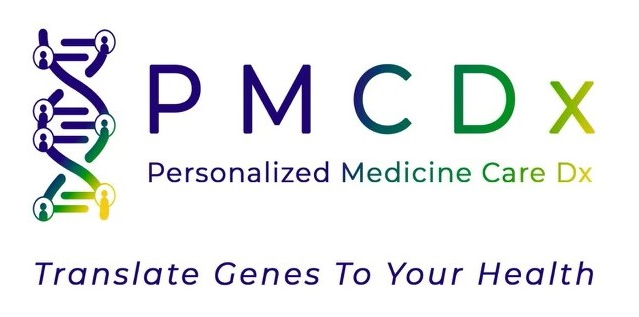Many of anti-cancer medications are under influence of genetics. Standard chemotherapy may eradicate for example breast cancer in some of affected individuals but work less effectively in others. Genetic make-up of individuals may explain the differences in drug response. In addition to cancer medications, pharmacogenetics may have implications for immunosuppressive medications. Precision prescribing of immunosuppressive medications such as tacrolimus can help with management of transplant recipients.
Anti-Cancer and immunosuppressive medications
| Medication | Gene |
| Thiopurines (Azathioprine, Mercaptopurine, Thioguanine), Cisplatin | TPMT, NUDT15 |
| Methotrexate | MTHFR |
| Tamoxifen, Gefitinib, Tropisteron, Ondansetron, Meclizine, Metoclopramide | CYP2D6 |
| Mycophenolic Acid | HTR1A |
| Tacrolimus, Cyclosporine, Sirolimus | CYP3A4, CYP3A5 |
| Erdafitinib | CYP2C9 |
Frequency of Cytochrome P450 (CYP2D6) Metabolizer Types in the population
| Cytochrome | Poor metabolizer | Intermediate metabolizer | Normal metabolizer | Rapid or ultra-rapid metabolizer |
| CYP2D6 | 4-7% | 9-35% | 50-90% | 2-3% |
